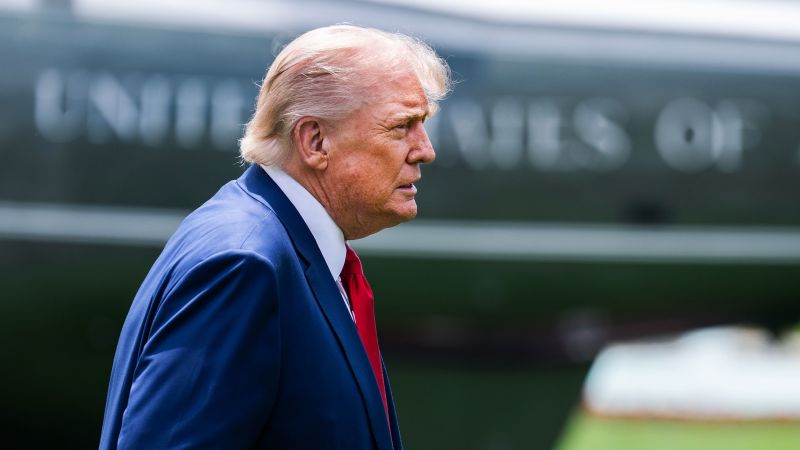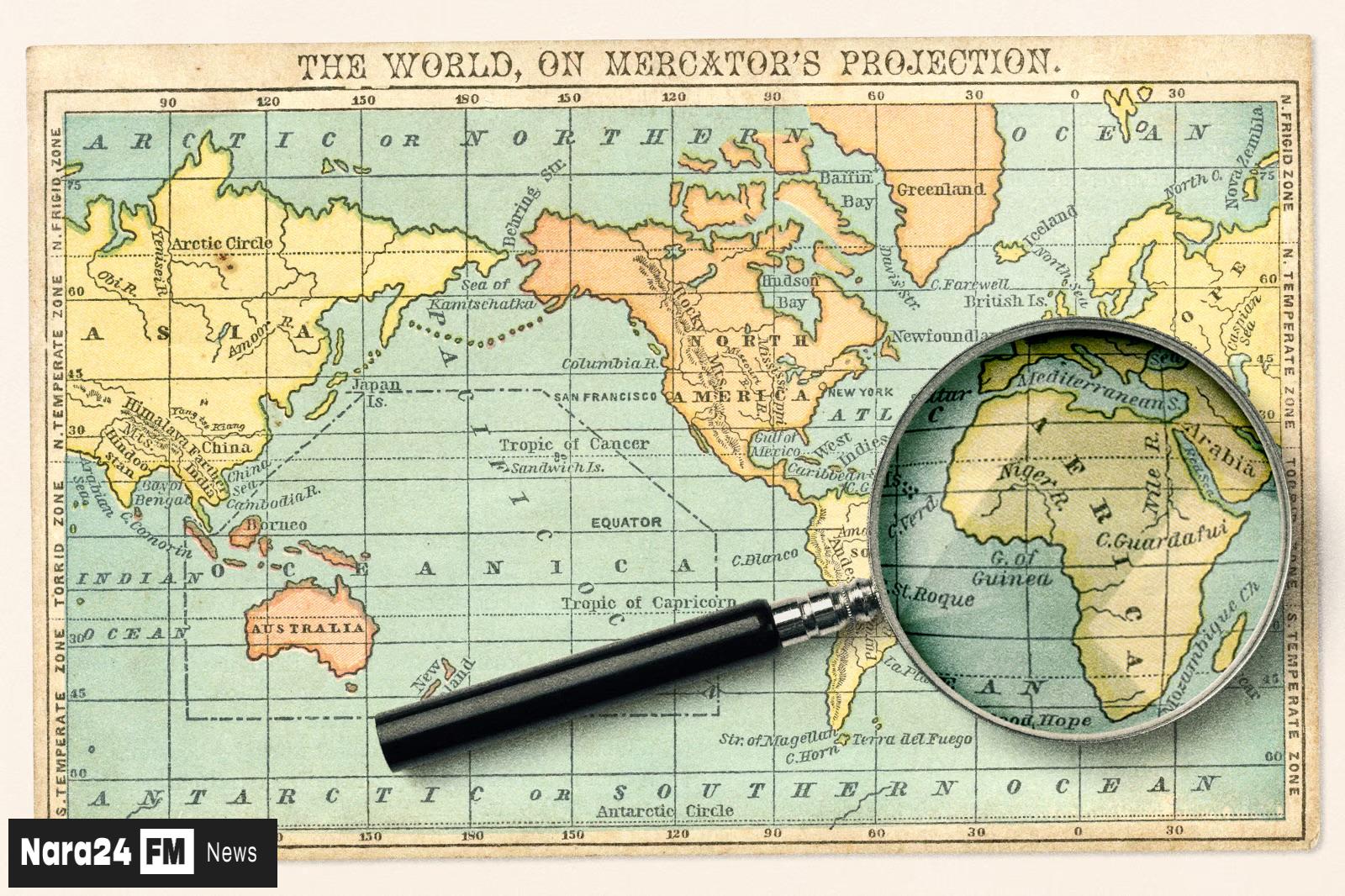President Donald Trump returned to the White House from Camp David on June 9, facing a precarious situation regarding Iran. While he is eager to steer clear of a military conflict, the reality is that the U.S. might find it challenging to maintain its distance amidst mounting pressures.
Strategic national security concerns and political dynamics at home suggest that the U.S. should refrain from direct military actions in a conflict that Israel regards as vital for its survival. However, influential forces could draw the United States deeper into the fray, especially as it currently aids Israel in defending against Iranian missile and drone threats.
Reports indicate that Trump recently dismissed an Israeli proposal targeting Iran's Supreme Leader, Ayatollah Ali Khamenei. Nonetheless, certain developments may be beyond his control. If Iran, feeling cornered, decides to strike U.S. bases or interests globally, Washington would likely feel compelled to respond robustly to uphold its credibility and deterrence.
Moreover, Iran could escalate tensions by threatening international shipping routes in the Gulf or Red Sea, potentially triggering a global energy crisis and increasing pressure on Trump to act. Within his party, there is growing demand for decisive action against Iran, including a targeted operation to dismantle its subterranean nuclear facility at Fordow, which is believed to be out of Israel's reach. Advocates argue that Iran's current vulnerabilities present a rare opportunity for the U.S. to neutralize its nuclear capabilities.
Despite these pressures, Trump's skepticism about entering the conflict remains strong. He recognizes the inherent risks associated with military engagement, which could lead to an expanded war without a clear resolution. Historically, the U.S. has struggled to achieve its objectives in the Middle East, as evidenced by the aftermath of the Iraq War and the ongoing turmoil in Syria. The notion that Iran's regime could be overthrown may be appealing, but past interventions have shown that such power vacuums often lead to further chaos.
Additionally, a military confrontation would undermine a central tenet of Trump's "America First" philosophy, which emphasizes avoiding foreign entanglements—a principle he reiterated in a recent speech in Saudi Arabia. Trump warned against the failures of "nation builders" and expressed a vision for the Middle East characterized by commerce rather than conflict.
Nevertheless, proponents of intervention argue that Trump has a unique chance to eliminate a major obstacle to his vision by dismantling Iran's nuclear ambitions or aiding in the overthrow of its theocratic regime. Choosing not to engage in military action, particularly when faced with immense pressures, often requires considerable fortitude.
As political pressure mounts, some within the Republican Party are urging Trump to take a more active role. Although the U.S. has clarified that Israel's military strikes against Iran are independent, the effectiveness of these operations remains in question. Former Vice President Mike Pence has indicated that should Israel's actions fail to compel Iran to concede in negotiations, the U.S. may need to consider joining the conflict.
Pence stated, "If the Iranians want to stand down, I think the president's made it clear he's willing to enter into negotiations. But there can be no nuclear program of any kind." He emphasized the need for the U.S. to be prepared to assist Israel in neutralizing Iran's nuclear capabilities to safeguard its interests.









Comments (0)
Leave a Comment
Be the first to comment on this article!